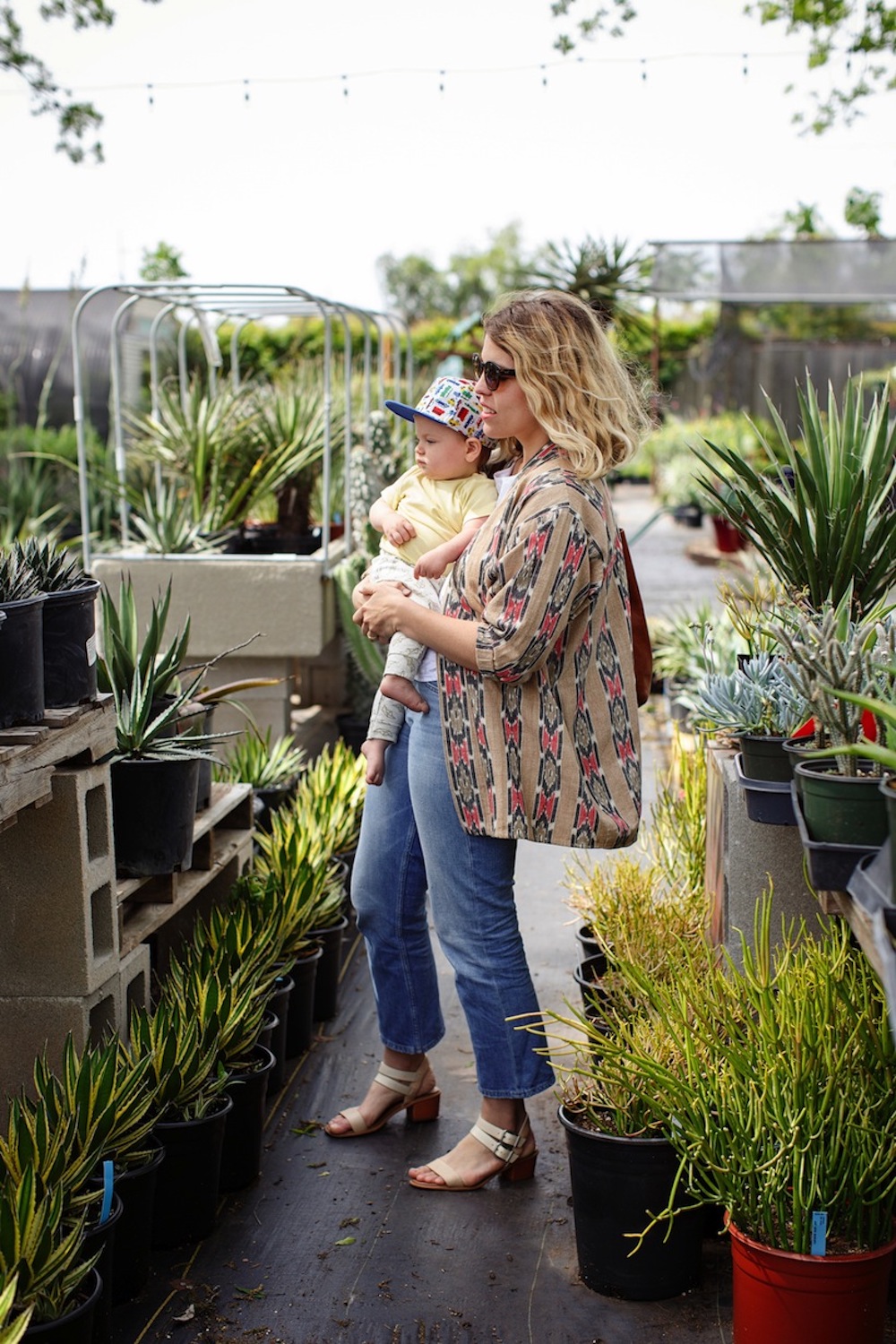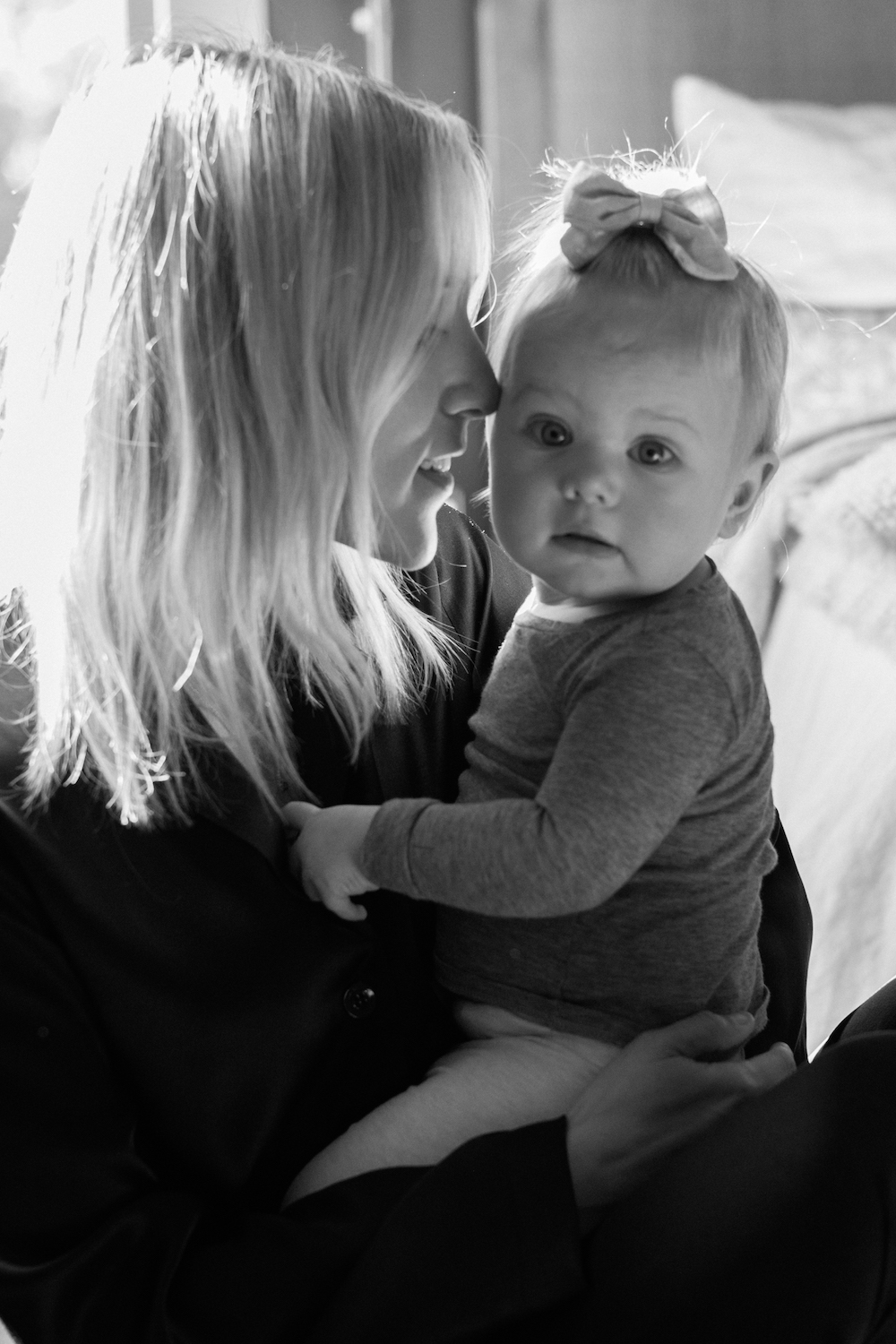Though it may feel like things are at a standstill right now, our lives are never on pause. With so much uncertainty, it’s difficult to know how to cope with life’s big moments, like pregnancy, during this time. We checked in with Dr. Natalie Crawford, accomplished obgyn and reproductive endocrinologist who we trust with all things fertility, to find out how couples can make informed decisions around pregnancy, fertility treatments, family planning and more in our current COVID-19 climate. Dr. Crawford reminds us that every couple’s situation is unique, and advises:
“When your plans get placed on hold, a great option is to focus on controlling what you can. Make small steps in progress that will eventually help you get to your goal, even if you are taking a purposeful pause right now.”
Read on for our interview with Dr. Crawford, and please leave any of your questions about COVID-19 and pregnancy, fertility, and family planning in the comments. And for more on all these topics, don’t miss Dr. Crawford’s podcast and youtube channel, As a Woman.

Should I be worried about trying to get pregnant while the coronavirus is spreading?
This is a complicated answer, and you must make the right choice for you. Let’s go over the facts:
COVID-19 is similar to SARS and MERS. Based on those observation there are no known birth defects but due to the physiology of pregnant women (decreased lung capacity, relative state of immune compromise) pregnant women got sicker than non-pregnant women (higher risk of pneumonia, ICU admission, death).
Since COVID-2 was detected starting in January, there is no long term data and no data at all on first trimester exposure. There have been no reports of confirmed mom to baby transmission or birth defects. There have been isolated reports of preterm birth and stillbirth in moms infected with COVID-19. However, it is important to remember that regardless of cause – high fever can be associated with miscarriage, birth defects, stillbirth, preterm birth.
Also, you must consider utilization of health resources. If you had a pregnancy complication – will the hospital be able to take care of you? Specifically, first trimester complications: Bleeding with miscarriage requiring blood transfusion and emergent D&C? Ruptured ectopic pregnancy requiring emergency surgery?
I think this is a delicate question that needs to be taken seriously and each couple should make the choice that is right for them.

Am I at a higher risk of catching coronavirus if I’m pregnant?
There is no data that pregnant women are at higher risk of catching COVID-19. This being said, pregnant women are considered a high risk population and should take extra precautions. Social distancing is extremely important as is hand washing and sanitizing.

Can COVID-19 be passed from a pregnant woman to the fetus or newborn? What about through breastfeeding?
In a small case report of pregnant women in China (all third trimester), there were no reported cases of maternal-fetal (mom to baby) transmission. Moms who got disease were not more ill than non-pregnant moms. There were no reported birth defects and amniotic fluid and breastmilk have both tested negative. There have been infants reported to have the disease (individual cases):
A newborn baby – this is unknown if mom-baby transmission in pregnancy, in birth, or after birth from close contact.
A 55 day old baby – severe disease with severe pneumonia and heart failure.
It is important to remember even though children often have less severe disease, they are not immune. And severe disease can still happen.

Should I take any additional precautions if I’m pregnant or trying to get pregnant?
I think it is important to remember that the absence of safety data is not reassuring, it is simply unknown. Please remember that pregnancy is typically a high risk state for viral infections and be able to respect these boundaries. Work from home if you can or limit interactions with COVID-19 patients if you are a healthcare worker. Wash your hands, don’t go in public, stay home as much as possible, sleep, eat healthy, take your prenatal vitamin, go on walks (while respecting social distancing). No restaurants, shops, etc. Be mindful that the safest thing to do when the data is unknown is to protect yourself as much as possible.

Should I stop fertility treatments if I’ve already started the process?
I think that an honest talk with your fertility doctor is important here to understand your personal situation. If your cycle may result in a pregnancy – what does that mean for you to become pregnant right now in this stressful time? Is that best for you? What if you got sick and lost the pregnancy? What does waiting mean? Could you run into a situation where your outcome would be significantly different? What does it financially mean for the clinic? Will they let your cycle fees wait until a later time or is that money lost? Will you lose your insurance if your insurance is covering this cycle?
This is complicated. I will say, most of my patients, after thinking through their own situations, decided to wait on cycles that would/could result in a pregnancy until a later date. Women in the midst of IVF cycles largely opted to proceed with understanding that we would freeze all embryos for a pregnancy attempt in the future.

ASRM released a statement that new reproductive treatment cycles should be suspended. What does this mean for women who are currently undergoing fertility treatments?
ASRM released a statement with the following key recommendations:
- Suspend initiation of new treatment cycles, including ovulation induction, intrauterine inseminations (IUIs), in vitro fertilization (IVF) including retrievals and frozen embryo transfers, as well as non-urgent gamete cryopreservation.
- Strongly consider cancellation of all embryo transfers whether fresh or frozen.
- Continue to care for patients who are currently “in-cycle” or who require urgent stimulation and cryopreservation.
- Suspend elective surgeries and non-urgent diagnostic procedures.
- Minimize in-person interactions and increase utilization of telehealth.
Due to these recommendations, patients who are currently in cycle who wish to continue are being allowed, specifically – patients who are in IVF cycles are continuing with the goal to freeze embryos for later use. New IVF cycles, embryo transfer cycles, IUI cycles, or ovulation induction cycles, in addition to all elective surgical or diagnostic procedures, have been halted.
I called all my patients this past week who currently were in cycle or had a cycle planned to inform them of the news. It was heartbreaking to tell so many women to put their lives on hold even longer. This being said, I think the recommendations are in the best interest of doing what is right for public health and our community by minimizing person-person interactions, saving PPE (personal protective equipment, like masks and gloves and gowns) to donate to hospitals, and trying to limit the impact COVID-19 will have on our individual communities. These are not permanent guidelines and just a small hold while we try to cope with the scale of this disease as a nation.

How can I continue to prepare for pregnancy if I’m now having to wait longer than expected to start my treatments?
I think that when your plans get placed on hold, a great option is to focus on controlling what you can. Make small steps in progress that will eventually help you get to your goal, even if you are taking a purposeful pause right now. These steps can include becoming more educated about your body, starting to cook more, eating healthier, exercising, meditation, journaling, spending time with your partner, organizing your house, reading books, or essentially anything that puts you more in the mindset of being true to who you are and who you want to be, especially during these times of uncertainty.
Dr. Natalie Crawford is board certified in both Obstetrics and Gynecology and Reproductive Endocrinology and Infertility. She practices at Aspire Fertility in Austin, Texas and is a Clinical Assistant Professor on Women’s Health at the University of Texas Dell Medical School. Dr. Crawford completed her undergraduate education at Auburn University obtaining a degree in Nutrition Science, medical school at University of Texas Medical Branch, residency in Obstetrics and Gynecology at University of Texas Southwestern, and her fellowship in Reproductive Endocrinology and Infertility at the University of North Carolina while concurrently obtaining a Master of Science in Clinical Research. She’s also a Clinical Assistant Professor on Women’s Health at the University of Texas Dell Medical School. She is passionate about educating and empowering women and promotes fertility awareness through her blog, instagram, the “As a Woman” podcast, and her YouTube channel.





